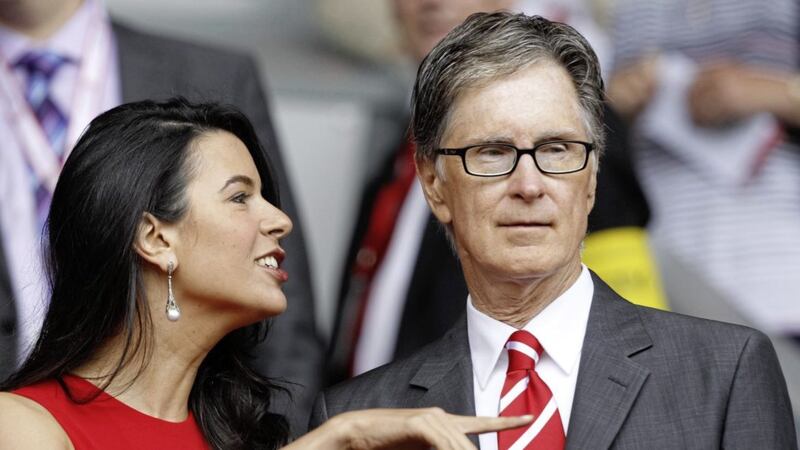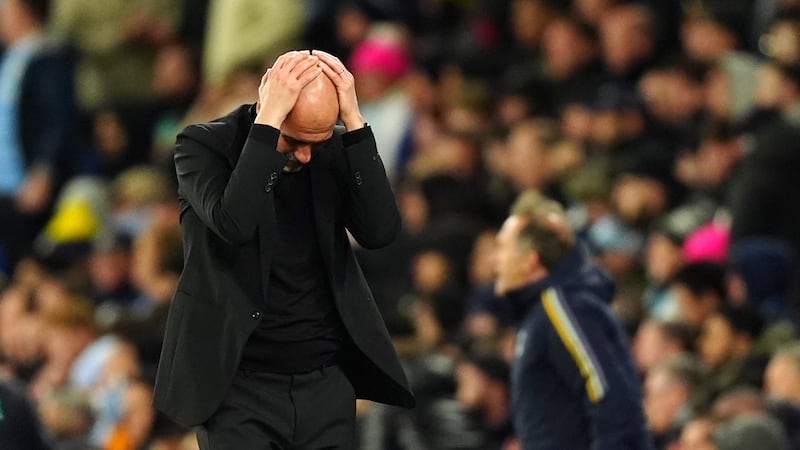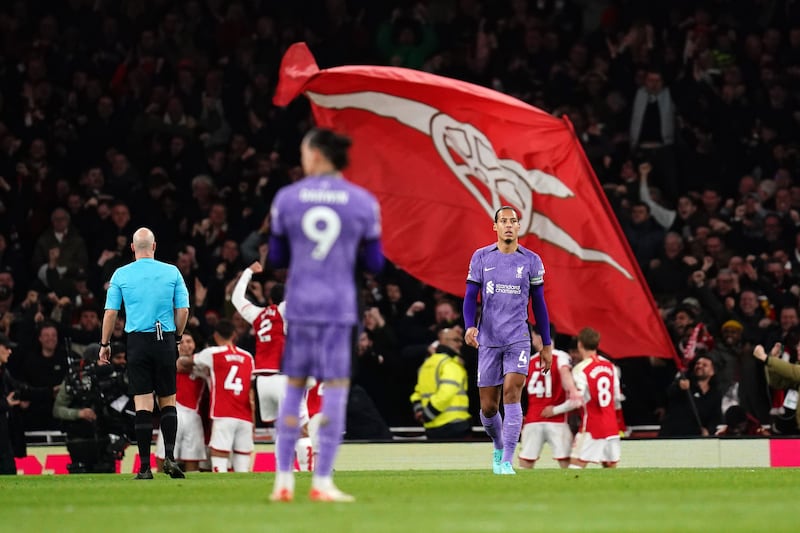MY club, right or wrong? Wrong.
Around 20 years ago I stunned an Evertonian into silence in a discussion about football – by agreeing with him.
Chuntering about some wild tackles from a young player called Steven Gerrard, he eyeballed me, expecting a defence of the Reds prodigy.
Sometimes there is no defence, though.
Of course I could have got into ‘whataboutery’, bringing up Everton’s ‘Dogs of War’.
Instead my view was that Liverpool as a club should uphold standards, that someone should tell young Gerrard his actions were unacceptable.
It’s often not easy to criticise your own. Perhaps the rarity of doing so is why I recall that incident.
Admitting you’re wrong can seem tough, but it’s for the best. ‘Sorry seems to be the hardest word’, we’re told. But it’s not. It’s really not.
Liverpool FC have shown that by apologising for, and reversing, their decision to put non-playing staff on the government furlough scheme.
However, I’m not going to laud them for their u-turn; I wouldn’t praise someone for stopping beating their partner.
Liverpool’s owners have acted like a toddler, only saying ‘Sorry’ after being caught out and shouted at.
Better still, of course, not to have made such a crass decision in the first place, to not have to say ‘sorry’.
The weekend announcement was doubly shameful as it undermined the efforts of the club’s admirable captain Jordan Henderson to get players to agree donations towards the National Health Service.
Certain Liverpool fans have been contorting themselves to back up the club – what do they say now the owners admit they were wrong?
In one aspect those fans defending the club were right: the arguments based on LFC’s profits last season were spurious; they’d have been in the red like most of their rivals if their transfer spending last summer or in January had reached the same levels as most other teams.
Yet there’s still no justification whatsoever for one of the richest clubs in the world to attempt to avail of a scheme which is supposed to stop struggling businesses going under.
It’s a backhanded compliment to Liverpool that they received far more criticism than Spurs or Newcastle, who are availing of the furlough scheme. So are others in the EPL.
Not only is Liverpool a much bigger club, people expect more of them, and not just their own supporters.
There are positives to come from this debacle.
The power of protest has been proven.
It wasn’t surprising that many Liverpool supporters were shocked and dismayed by the club’s original decision. Supporters’ groups who have run food banks long before this coronavirus crisis were obviously going to be outraged. Anyone with a functioning moral compass would be too, although they’re in short enough supply.
The world needs a culture of calling out wrong-doing, of naming and shaming.
High-profile former Liverpool players Jamie Carragher and Stan Collymore joined in the chorus of condemnation. They have their flaws, have merited serious criticism themselves in the past, but that doesn’t invalidate their arguments.
The debate may also make more of the general public ask serious questions about tax and income, rather than continuing to be duped by those in power.
Ironically, pressurising footballers into taking a pay cut will reduce the government’s tax income, meaning there’s less to spend on the NHS.
Most football clubs are living beyond their means - but that’s merely reflective of wider society, where debt is a way of life.
Football clubs at least have the excuse of abiding by the adage that a club’s assets should be out on the pitch in the club shirt. Consider how many Arsenal fans lambasted Arsene Wenger for not spending all the money the club had in the bank.
As for ‘earnings’, of course top level footballers are paid far too much.
The Premier League’s incredible growth means that average club wage bills have spiralled upwards by 3,000 (three thousand!) per cent since 1992.
Yet there are many others who are also paid far too much, many of whom put in far less effort for their ‘earnings’.
Some of them are in other sports, for example Formula One. Some are in other industries/ professions.
Then there was the rich irony of Julian Knight, the Tory Chair of the Digital, Culture, Media and Sport Select Committee, saying that footballers live in a ‘moral vacuum’. He literally wrote a book on tax avoidance, including the suggestion of leaving England as a financial option.
A clampdown on tax exiles could make the NHS the best-funded, greatest health service on the planet.
Players are right to think about where any money would go – to tax exile owners? To other players when sport finally returns?
The NHS is desperate for help because of a political party which has deliberately underfunded the health service for the past decade; indeed for most of its history.
That shortfall is not the responsibility of footballers.
There is no ‘one size fits all’ solution. A 20 per cent pay cut is probably far tougher on someone earning £20,000 compared to another with a £50,000 salary – although the latter may have higher outgoings.
In general, though, the more you earn the less likely you are to be in financial trouble. Multi-millionaires, however they come by their money, can all do more for the general good.
The phrase ‘the right thing to do’ has been rendered almost meaningless by the Conservative Party in recent years, used to justify whatever action they wanted to take (usually one in which others would suffer rather than themselves or their like).
Yet it should have been absolutely obvious what was the right – and wrong – thing to do in this situation. No matter what club you support.
We all have our biases and our preferences but if we take off the blinkers, even occasionally, we’ll see more clearly.







